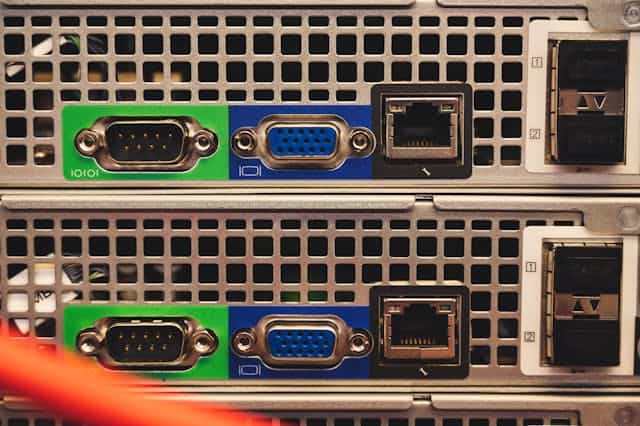Buying tech gear can feel like walking through a maze. There’s a lot to think about and even more to watch out for. When it comes to used servers, the stakes get higher. You want good value, sure, but also something reliable.
Servers run important stuff. You don’t want surprises after setting one up. Lenovo servers are solid, but used ones need a closer look.

Know Your Needs First
Before you do anything else, figure out what you really need. That might sound basic, but it’s easy to skip. Think about what the server will do. Is it for home labs? Will it support a dev team? Maybe you’re setting up a small business server. Each case needs different specs. You don’t want to overpay for power you’ll never use.
This matters when buying used Lenovo servers. There are tons of models out there. Some are built for big data centers. Others are more low-key. When you know your needs first, it’s easier to match them to the right Lenovo model.
Check the Model and Generation
Lenovo’s server line has seen a lot of changes. Models like the ThinkSystem SR650 or SR630 come in various versions. Older generations can still be useful, but you should know what generation you’re getting. The generation tells you the age of the tech and helps figure out support, updates, and performance.
Search the full model name online. See what year it came out. Look for benchmarks and reviews. Make sure it supports the operating systems and software you plan to run. Some older units might not handle modern needs very well.
Inspect Physical Condition
This is where buying in person helps. If possible, see the server yourself. Look for signs of wear. Scratches and dents aren’t always a big deal, but corrosion or water damage is a red flag. Check for broken ports, missing screws, or anything taped together.
If you’re buying a used server online, ask the seller for detailed photos. A seller who refuses that is probably hiding something. Don’t skip this part. Servers can take a beating over the years, especially in busy server rooms. You want to make sure what you’re getting still has life left in it.
Ask About Usage History
This one matters more than people think. A server that ran 24/7 in a hot environment might be more worn than one that was barely used. Ask how long it was used. Was it part of a big data center or just a backup server? Did it run virtual machines or just basic tasks?
Also, ask if it was ever repaired. Repairs aren’t always bad. Sometimes they’re upgrades. But you should still know what was done and why. A sketchy repair job could mean more problems later.
Check the Specs Carefully
You might see a great price and jump on it, but slow down. Check the full specs. Look at the CPU model, RAM capacity, storage type, and networking options. Some listings look good at first, but then you find out the RAM is only 8GB or the hard drives are missing.
Pay attention to expandability too. Can you upgrade the RAM later? Are there open drive bays? If you plan to grow your setup over time, make sure the server can grow with you. Don’t get locked into a box that won’t scale.
Confirm Compatibility
Used servers sometimes come with old firmware or BIOS. That can cause trouble with modern operating systems or software tools. Check if updates are still available. Lenovo usually offers support for years, but very old models might be out of luck.
Make sure your favorite OS will install without issues. Check forums and support pages. People often share problems they’ve had with specific models. This helps avoid surprises like driver issues or install failures. A little research before buying saves a lot of frustration later.
Look at Power and Noise
This part gets overlooked a lot. Servers use a lot of power. Some need special plugs. Others just work with a standard cable. Find out what the server needs before it shows up at your door. You don’t want to scramble for an adapter last minute.
Also, servers can get loud. If you plan to use it in your home or a small office, noise might be a problem. Look for models known for quieter fans. Or plan ahead with soundproofing or placing the server in a garage or closet.

Buy From a Trustworthy Seller
Last but definitely not least, buy from someone with a good track record. If you’re using eBay or a marketplace, check ratings and reviews. Ask questions. A good used server seller will be happy to answer. Look for return policies too. If something shows up broken or wrong, you want a way out.
Even better, buy from a vendor that specializes in refurbished servers. They usually test and clean everything. Some even offer short warranties. That kind of peace of mind is worth a few extra bucks.
Bottom Line
Used servers can be a great deal. You get solid performance at a lower cost. But don’t just grab the first deal you see. Do your homework. Ask questions. Make sure the server matches what you need. If you follow the tips above, you’ll avoid most of the common mistakes. Buying used doesn’t have to mean risky. It just means being smart.
